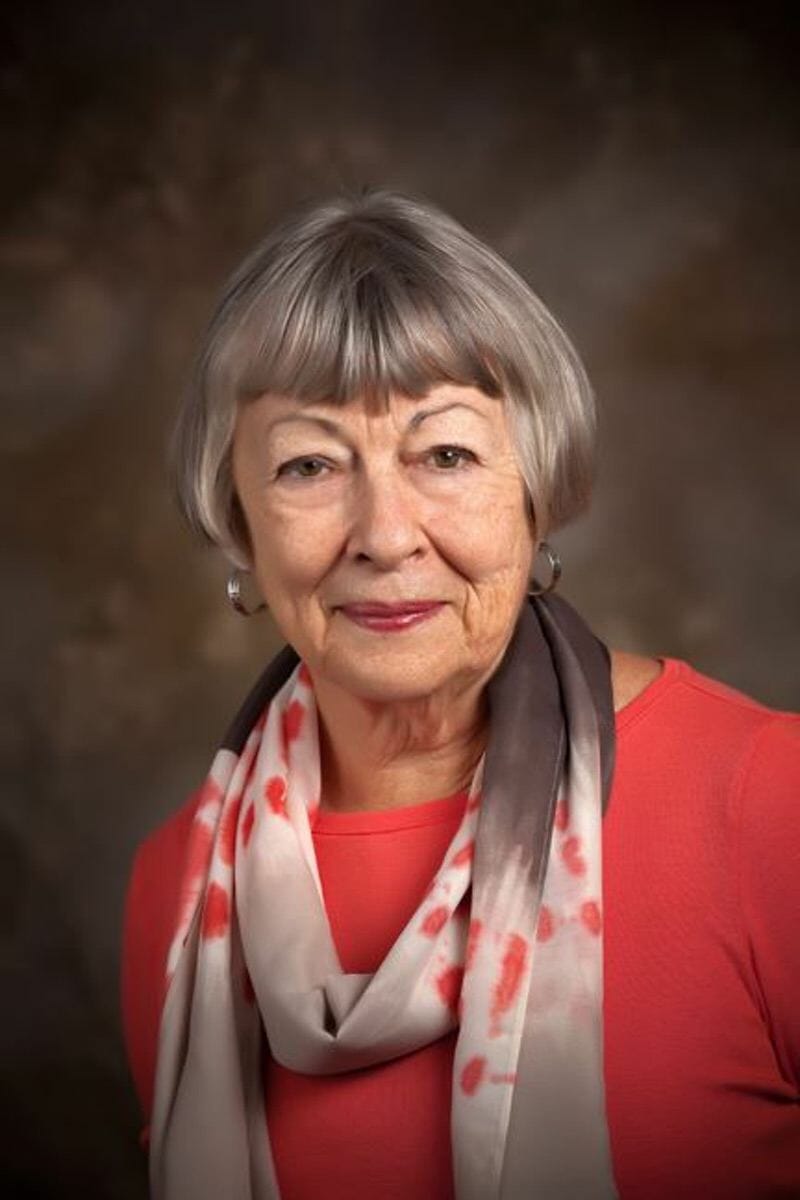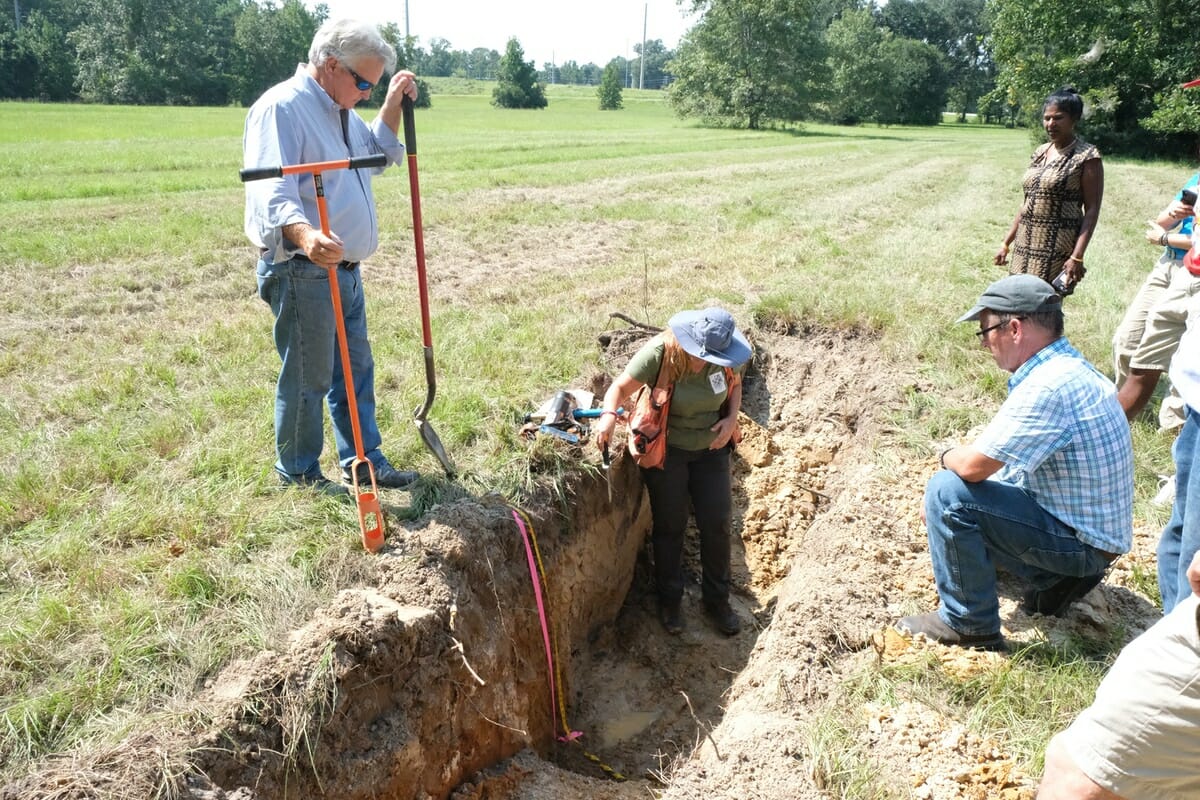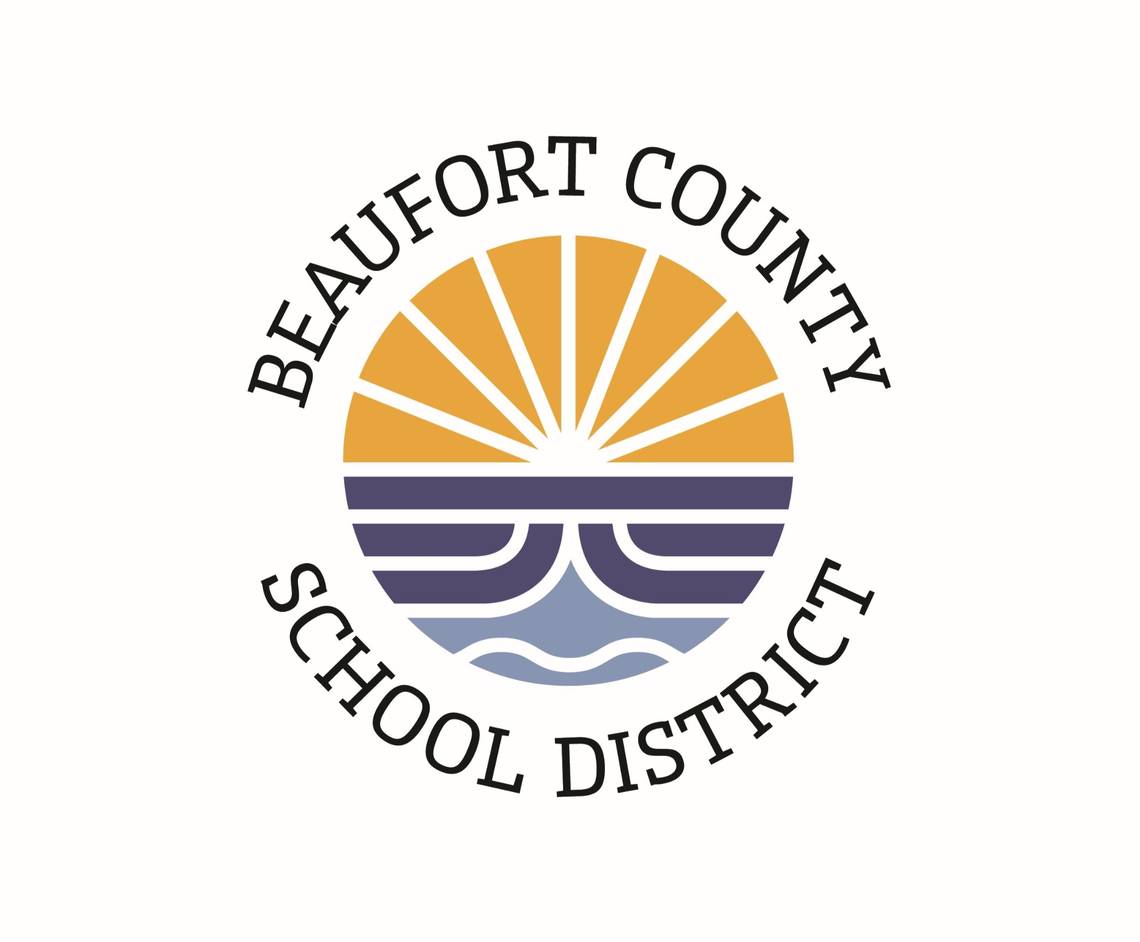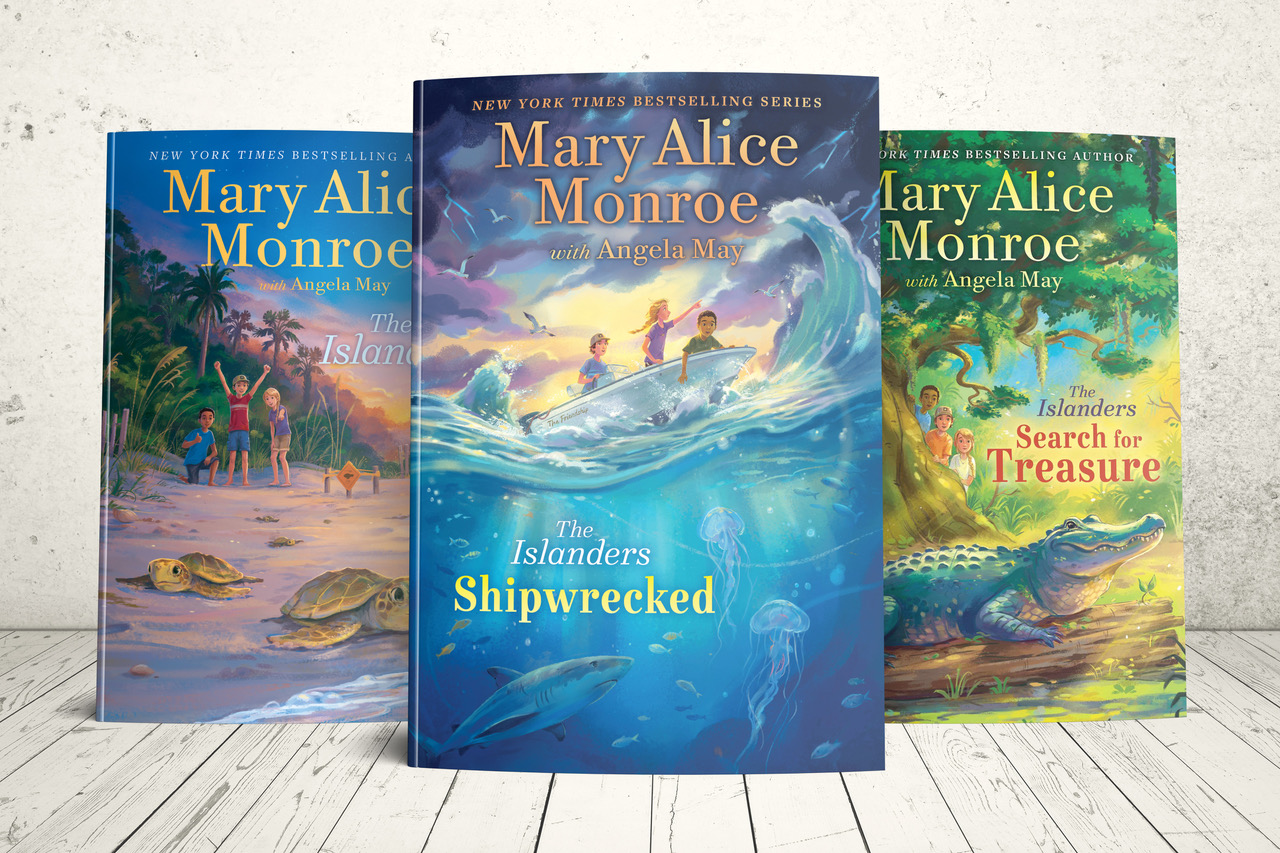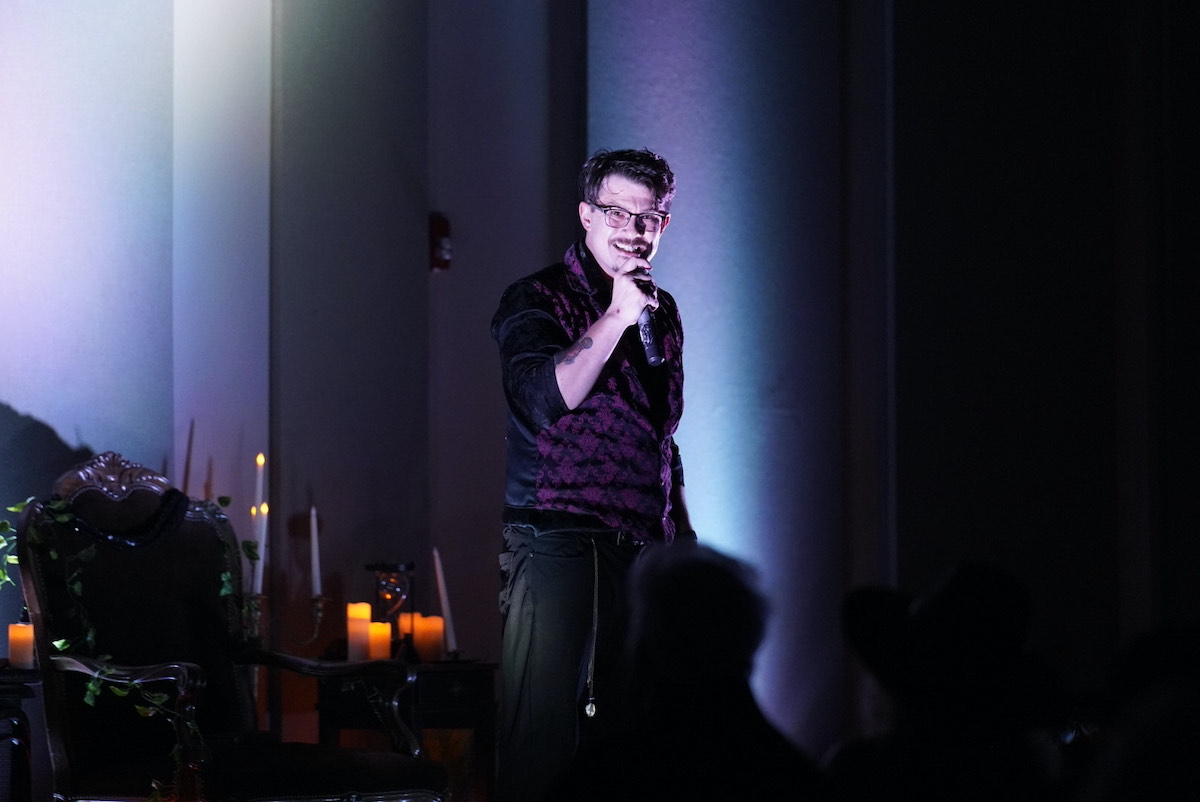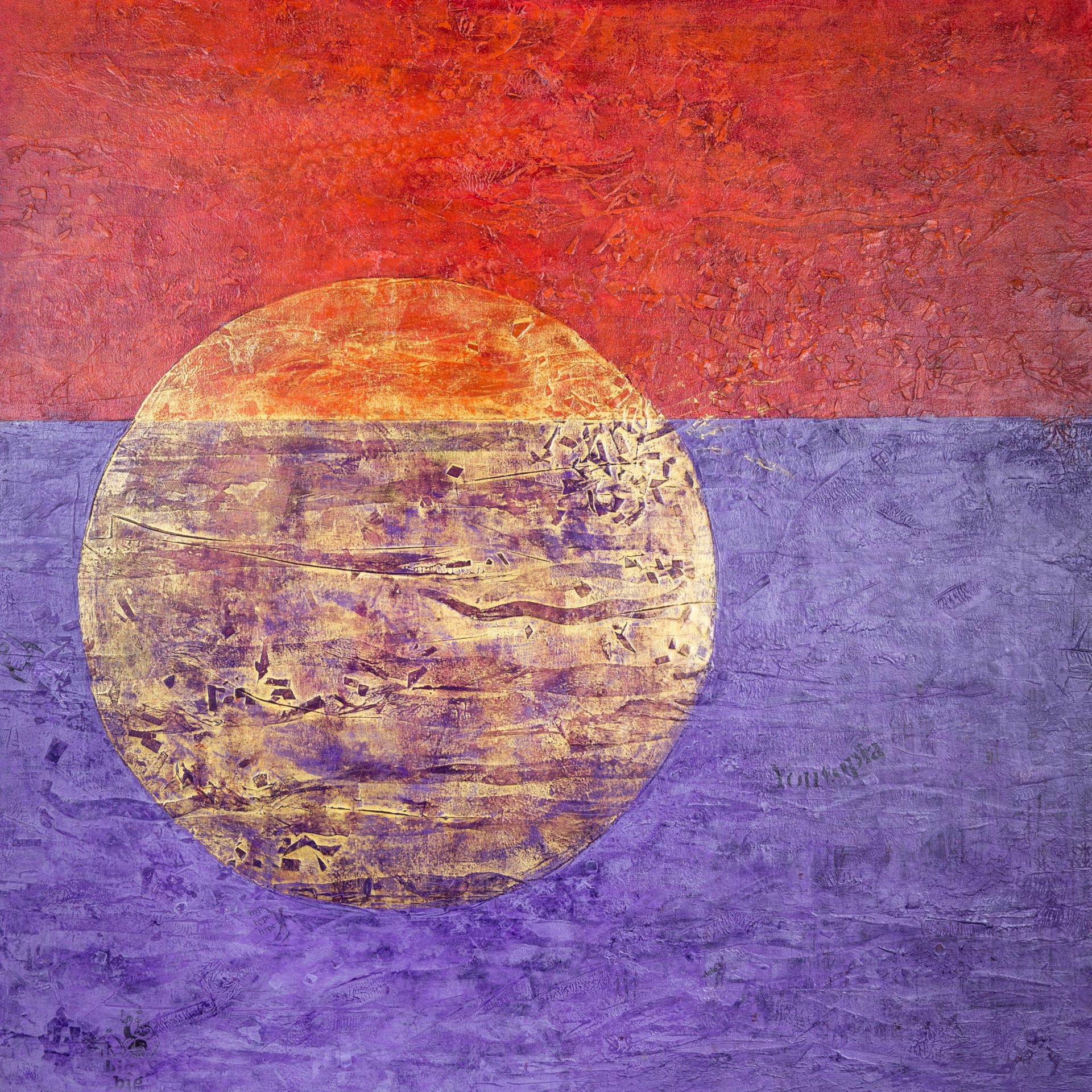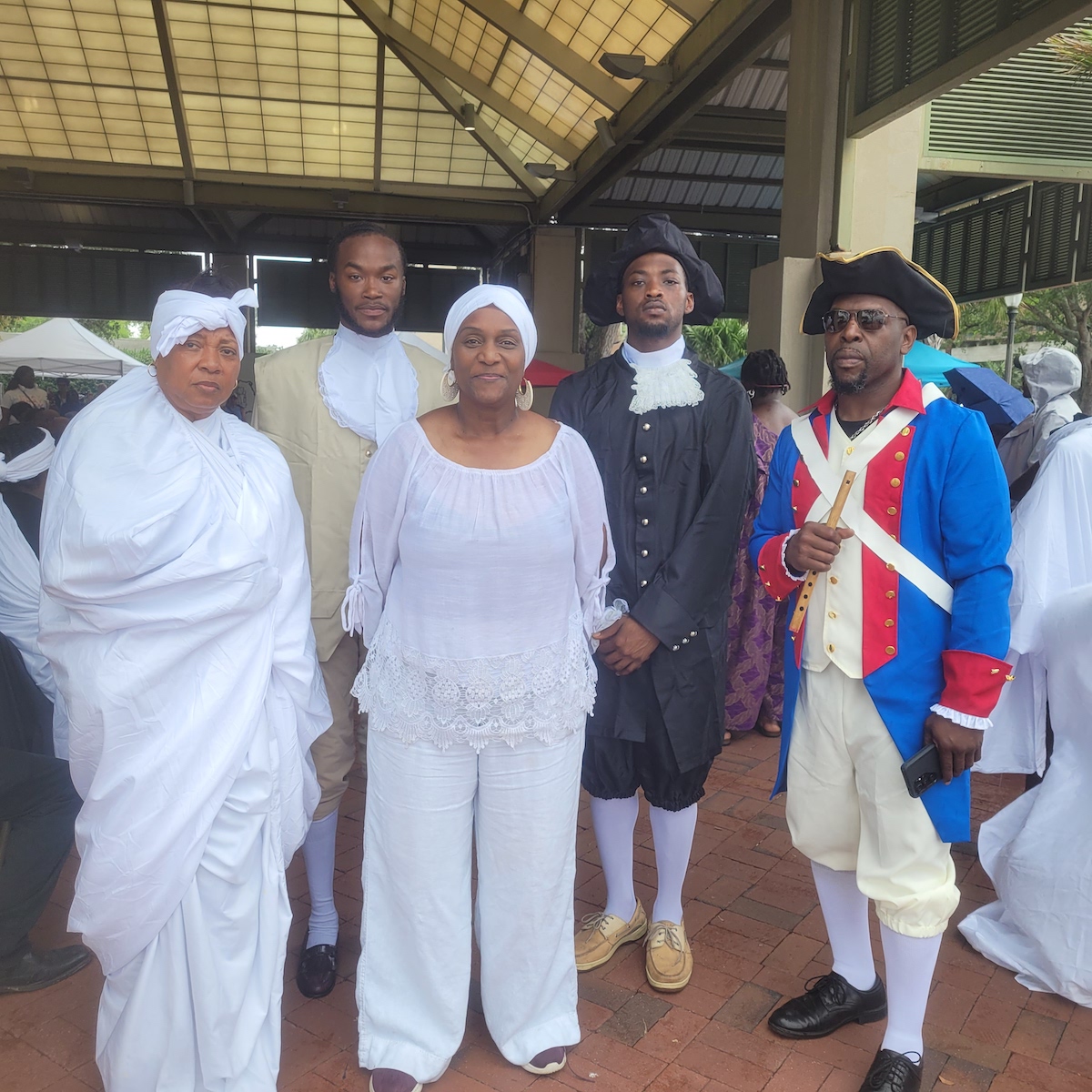Noted teacher and historian Margaret Pickett will present a lecture entitled “The History of Indigo in Beaufort’s Sea Islands” at 2 p.m. Tuesday, Sept. 17 at the Beaufort Branch Library at 311 Scott St.
This is the first lecture in the Beaufort History Museum/Beaufort County Library 2019 Fall Local History Series.
Admission to the lecture is free. However, a donation of $5 is suggested and reservations are required. To sign up visit www.beauforthistorymuseum.com. Please print out the ticket and bring to the event.
Funds collected will be used to support ongoing museum programs and the Phase II renovation of the Exhibit Hall currently under way. Phase I of the renovation opened last year.
Pickett is the co-director of Pickett Educational Resources, an independent researcher, author and living history presenter. In addition to developing and presenting history programs for schools, she has researched and created programs in which she portrays women of the past.
Her current portrayals include Eliza Lucas Pinckney, Dorothy Sinkler Richardson and Rebecca Motte. She is the co-author of The European Struggle to Settle North America 1521–1608 and the author of Eliza Lucas Pinckney Colonial Plantation Manager and Mother of American Patriots, 1722–1793.
The lecture will address the history of indigo in South Carolina and how it affected the sea islands around Beaufort. Indigo was a very important and lucrative crop because the blue dye extracted from the plants was in high demand.
In 1744 Eliza Lucas Pinckney sent a sample of indigo she had developed on her father’s plantation to England where it was said to be as good as the indigo produced by the French in their island colonies in the West Indies.
Indigo soon became a valuable export for Carolina planters. Its cultivation and processing as dye produced one-third the total value of the colony’s exports before the Revolutionary War. Manager of three plantations, Pinckney had a major influence on the colonial economy.
The Beaufort History Museum, located in the historic Arsenal at 713 Craven Street, has evolved to focus specifically on the history of the Beaufort District. It strives to manage and display artifacts and documents held by the City of Beaufort, telling the compelling stories of this area from the early 16th Century until modern times.


